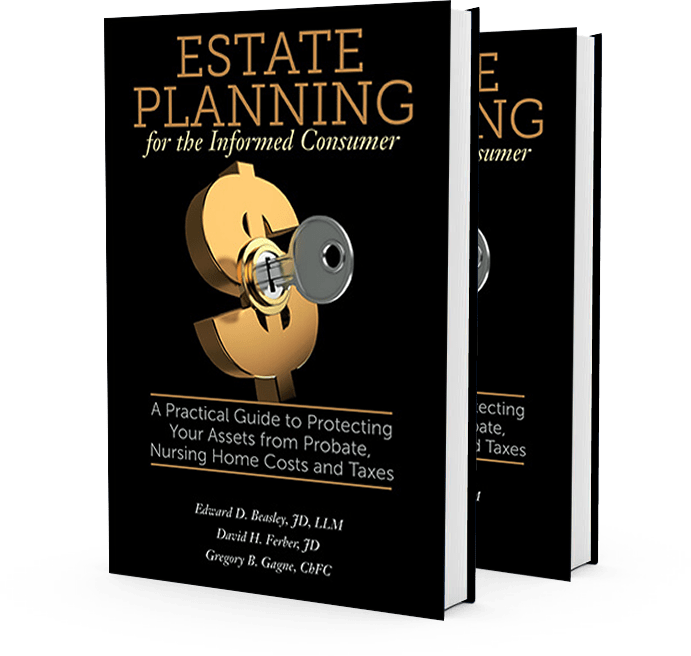Trusts can be established for a number of reasons, and there are many different types of trusts. One of the most common reasons for establishing a trust is to ensure that a person’s estate will be controlled and managed according to their wishes — even when they become unable to manage their estate themselves.
In most cases, a trustee will be appointed to hold legal title to the property of the beneficiary (the estate holder), and they will be entrusted with managing this property should the beneficiary become unable to. For example, living trusts are those in which the beneficiary maintains control of their estate while they are alive, and control passes to the trustee when they die.
No matter what type of trust you are creating, one of the most important steps will be selecting the right trustee. This will be the person who gains legal title to your property and who you’ll need to carry out your estate wishes. Below, we’ll go over how to choose the best trustee for your trust.
3 Considerations to Make When Choosing a Trustee
1. Are they up for the task?
Even small trusts will require that the trustee devote a significant amount of time and energy to carrying out the beneficiary’s wishes. Make sure that whoever you choose to be a trustee is someone who will have enough time and energy on their hands to devote to your trust management. Often, it’s best to choose someone who is retired or does not have a full schedule of responsibilities keeping them busy.
2. Are they trustworthy?
It is crucial to only choose an individual who is totally trustworthy to be your trustee. The word “trust” is right there in the job title after all. You want to know that they’re going to carry out even the minutest details of your trust or at least do their best to follow through when circumstances change. A good way to find a trustworthy trustee is to consider who in your life has always had your best interests at heart.
3. Do they have reasonable judgment?
There may come a time when you are not able to answer inquiries about your estate, and this duty will fall upon your trustee. Perhaps there’s need for clarification, or circumstances have changed such that funds must be diverted elsewhere. You need to know that your trustee will be able to use reasonable judgment in these situations.
Need Help Creating a Trust? Contact Beasley & Ferber Today
At Beasley & Ferber, we routinely receive questions from individuals who are interested in creating a trust but unsure how to go about doing so.
We understand that the process can be challenging, both in terms of logistics and paperwork and emotionally.
However, creating a trust for your estate is an integral part of ensuring financial security for you and your loved ones. Don’t wait to create a sound trust. Give yourself peace of mind knowing your assets are well protected.
To learn more about estate planning and how to establish a trust, contact Beasley & Ferber today.















